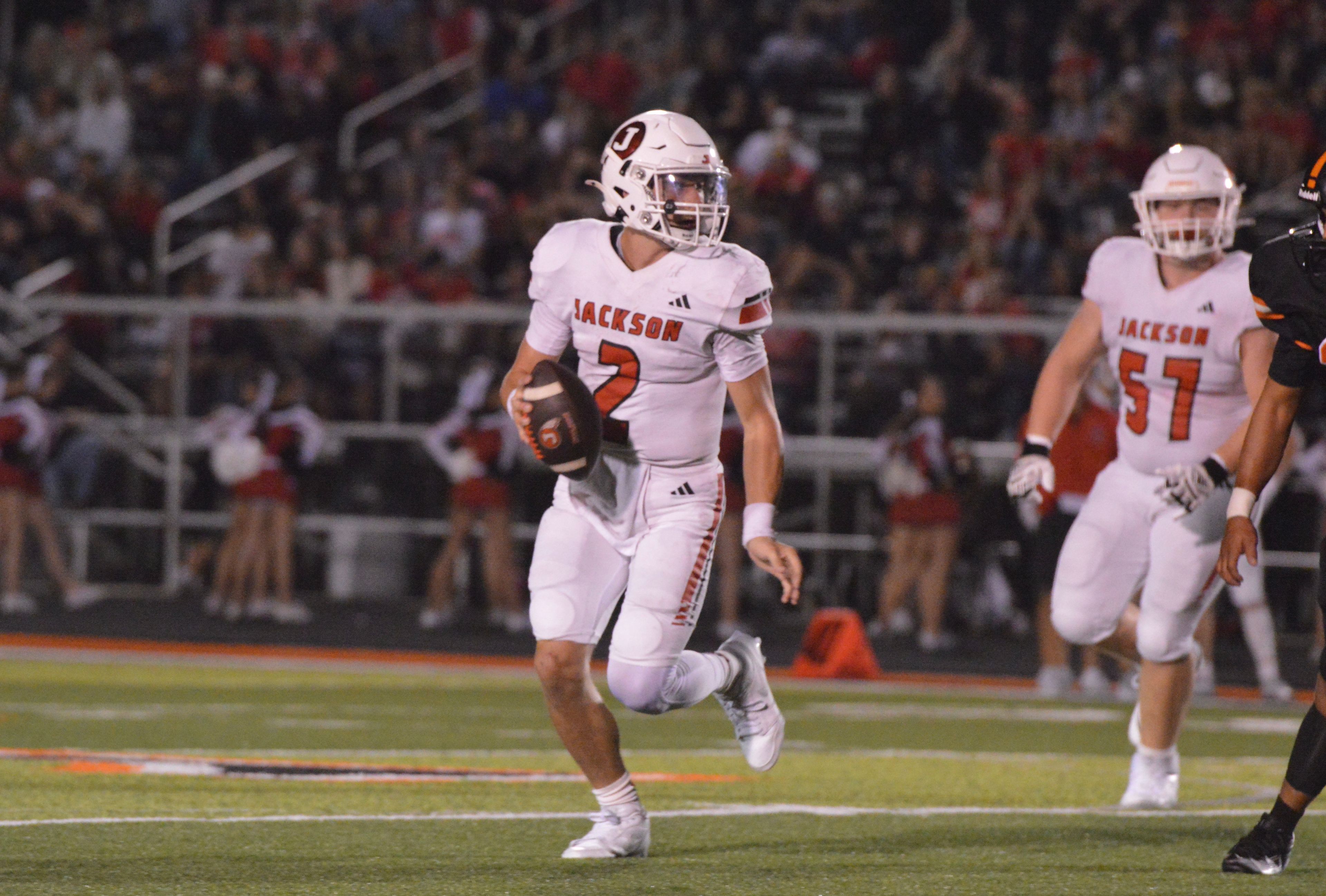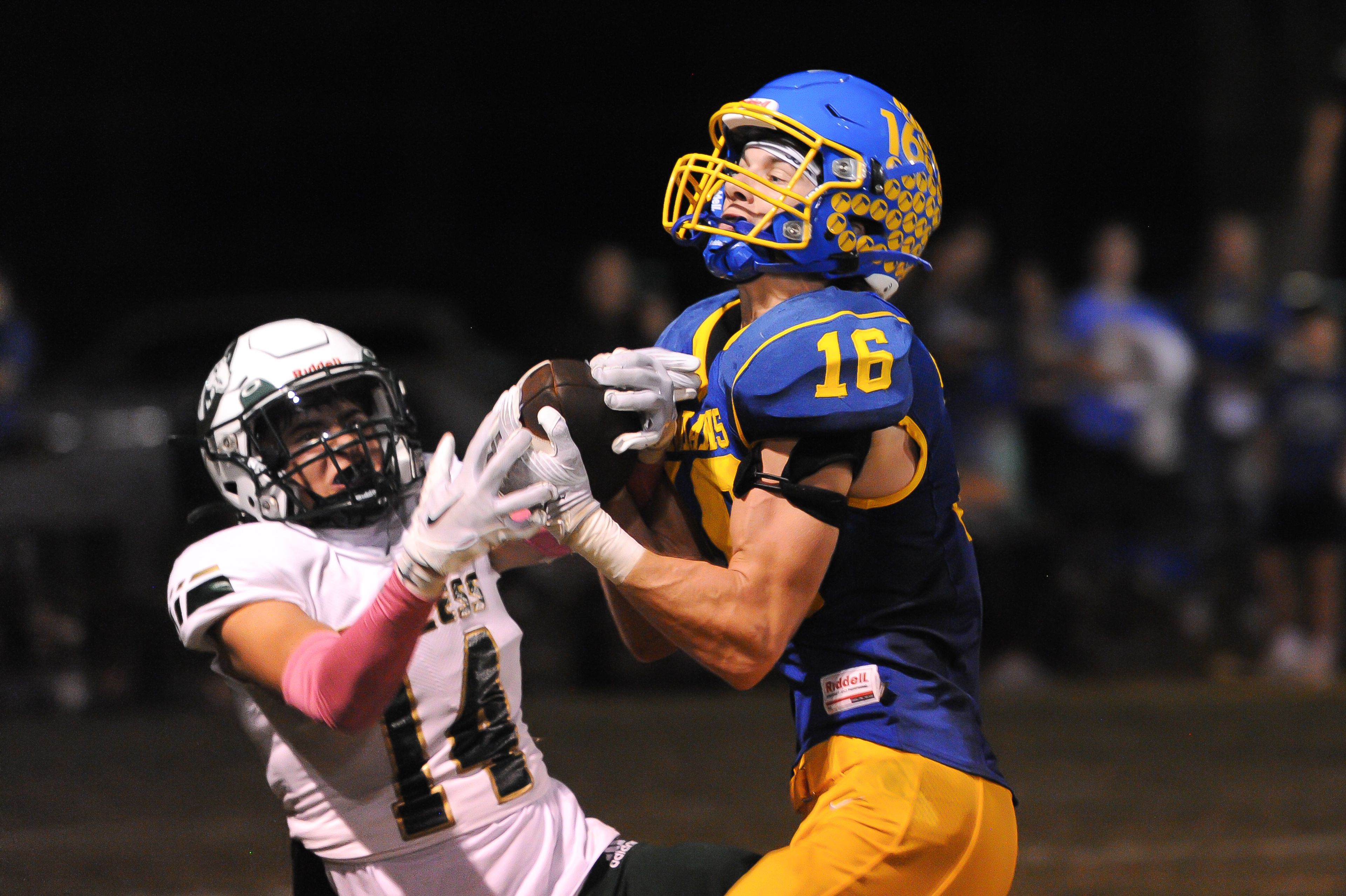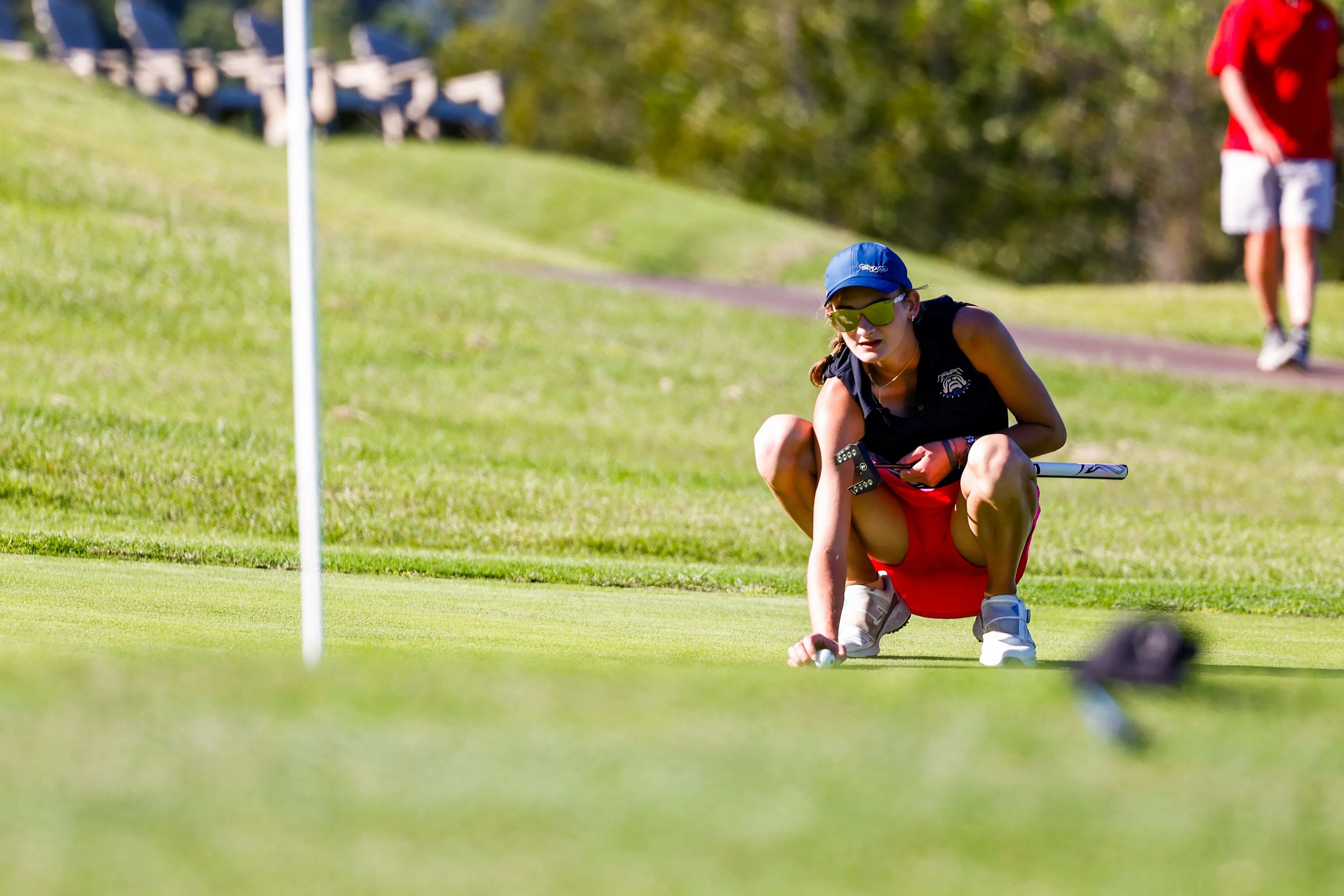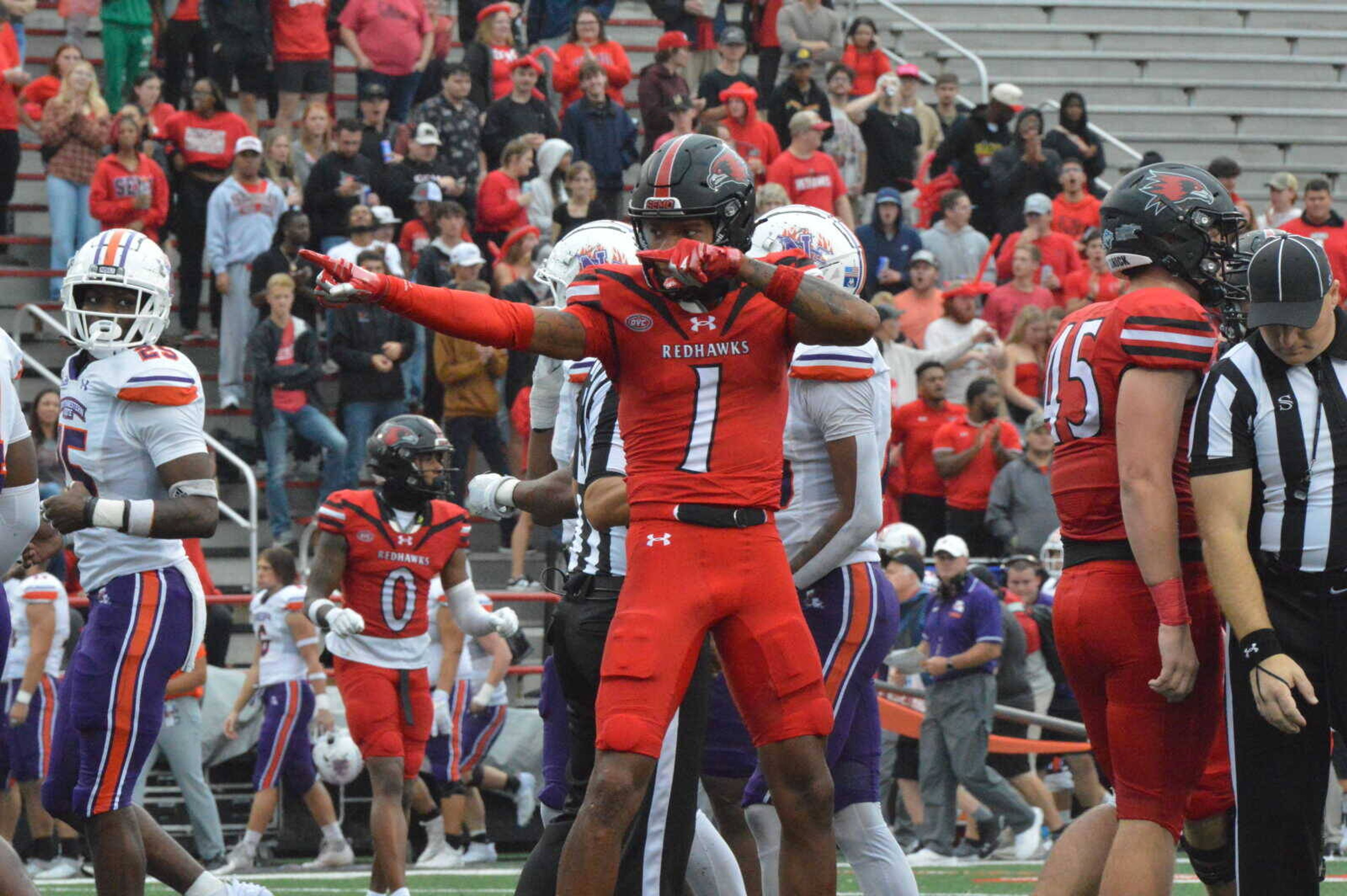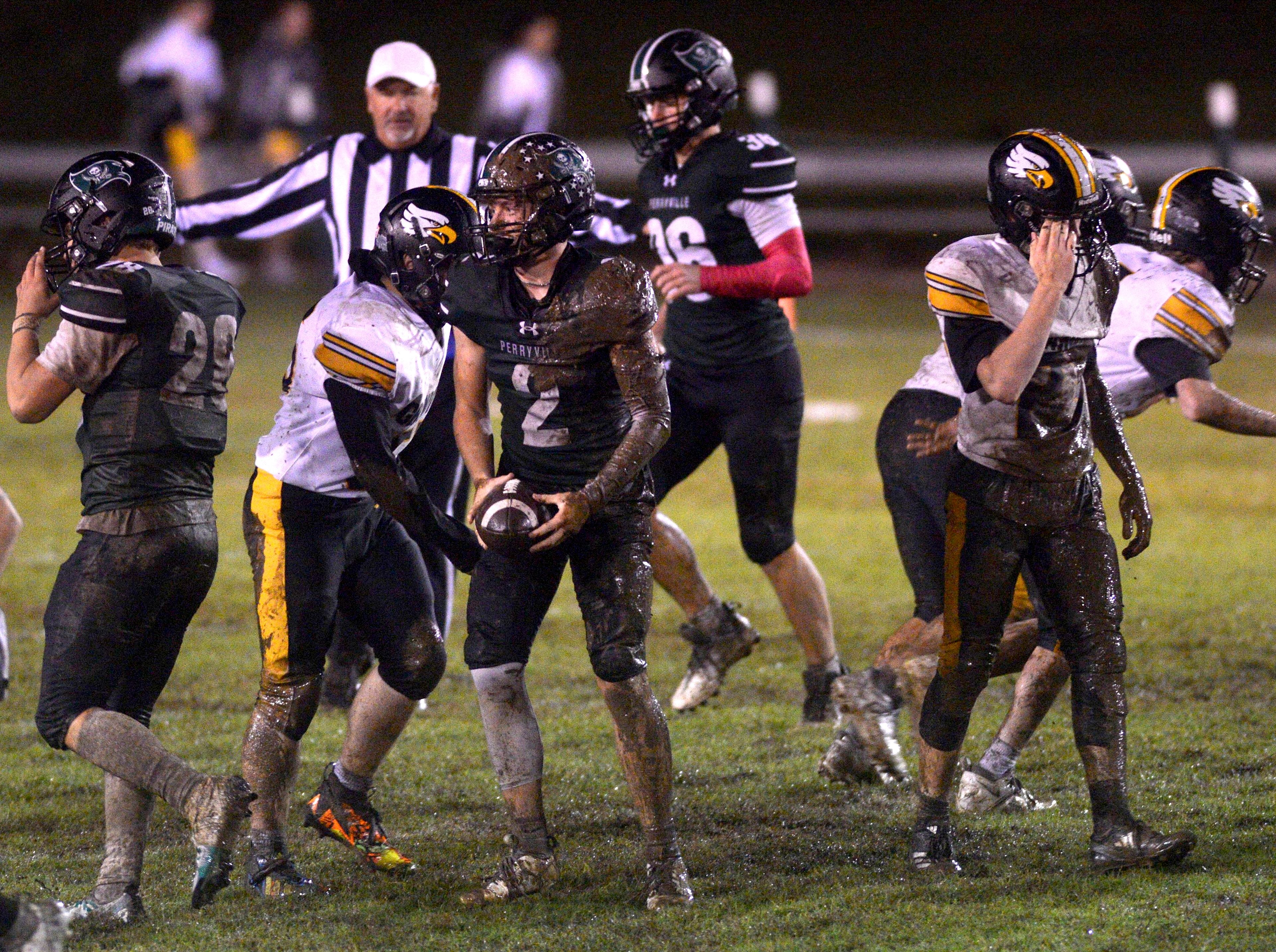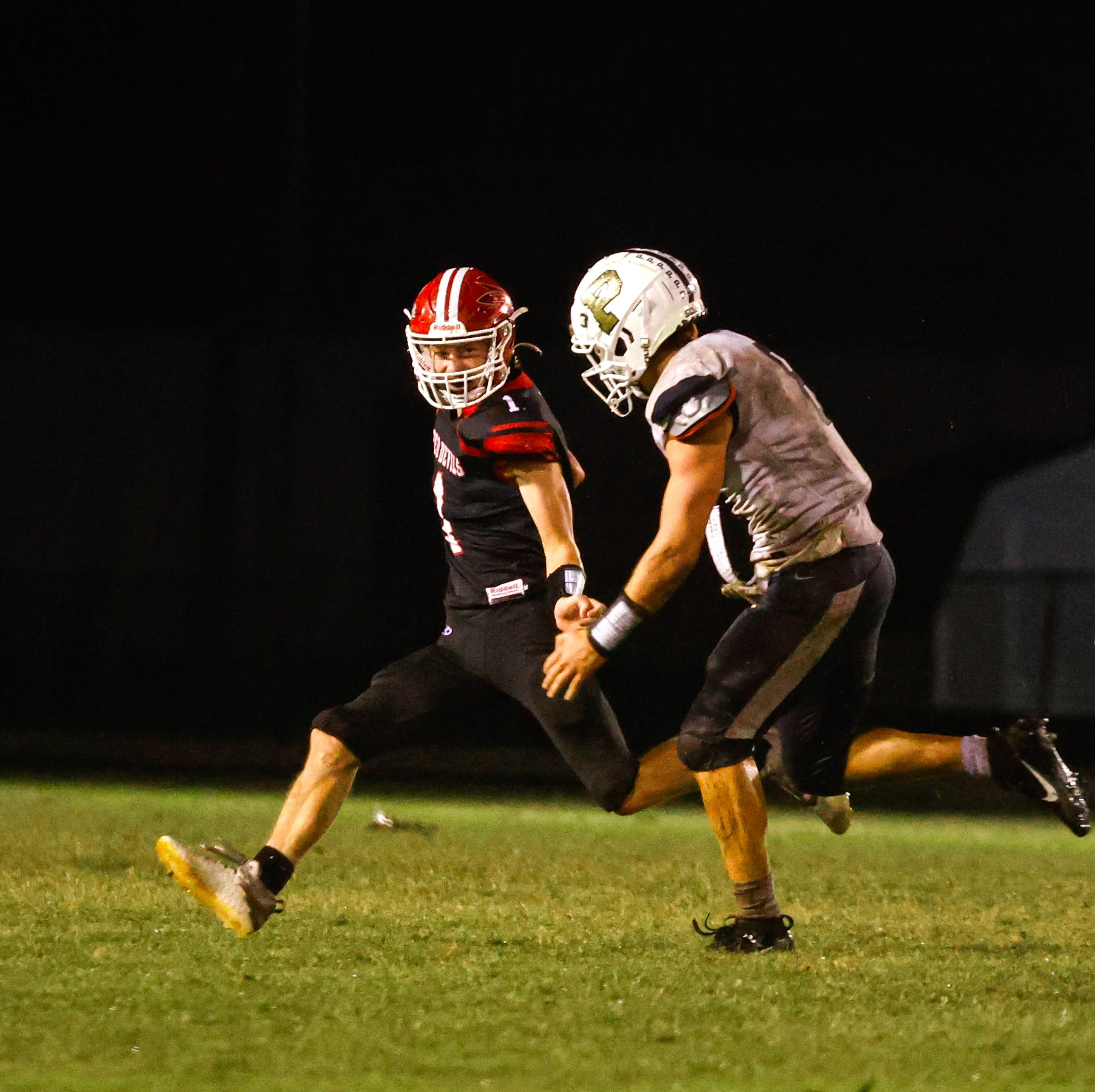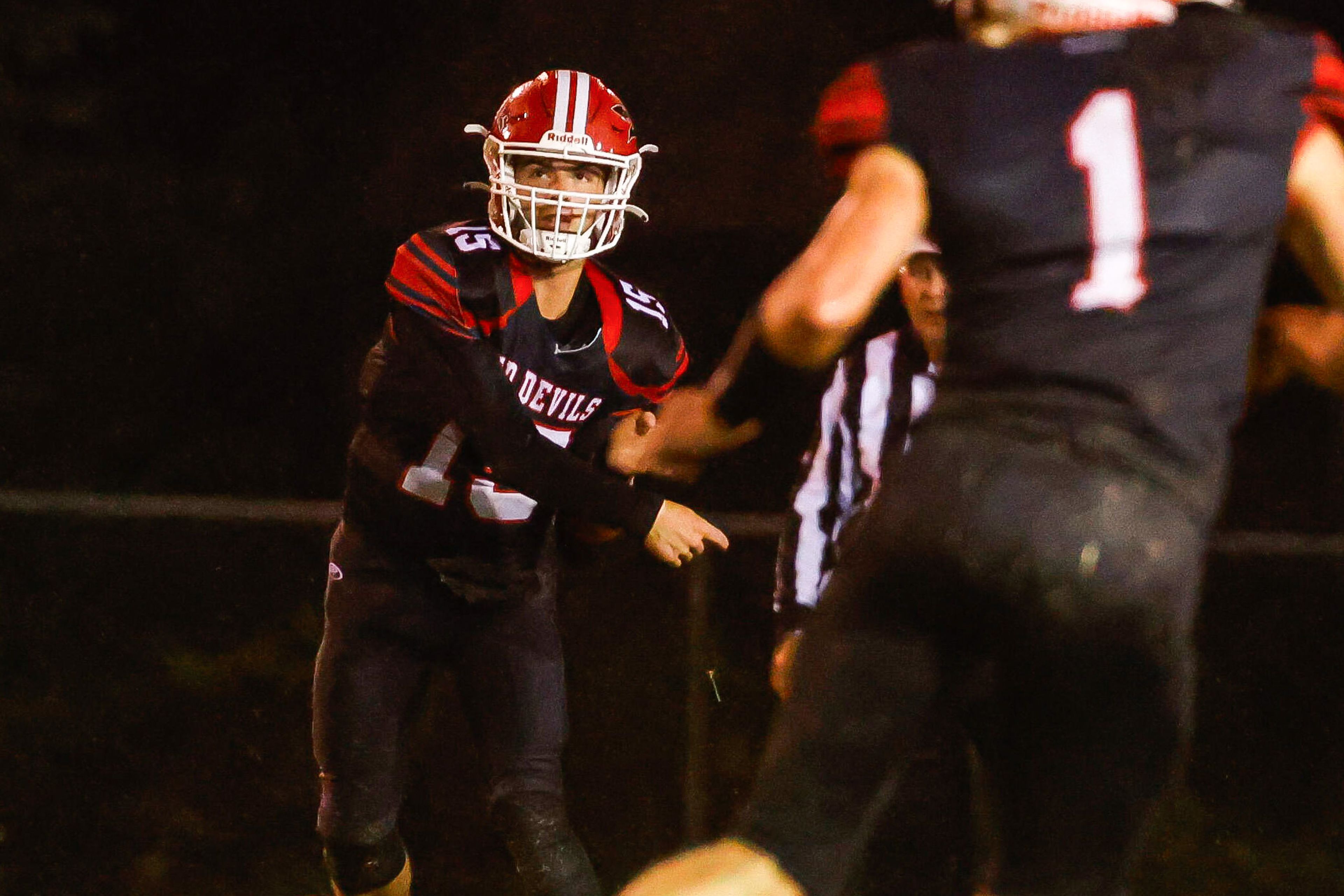A lifetime of achievements in journalism has resulted in a rare honor for former Central and Southeast Missouri State graduate Tom Cushman.
The 1952 Central graduate will be inducted into the United States Basketball Writers Association hall of fame Monday before the NCAA national championship game in New Orleans.
Cushman attended 30 Final Fours as a reporter and columnist among his list of enviable assignments, which also includes 25 Super Bowls, 23 World Series, 22 Masters, 11 Olympic Games and some of boxing's epic bouts.
Cushman has been retired for about 10 years after a journalism career that took him from the school paper at Central to editor of the San Diego Union-Tribune. The road included the Capaha Arrow at Southeast Missouri State, the Southeast Missourian, the Colorado Springs Gazette and Philadelphia Daily News.
He's gotten to know some of the great names in sports, like Muhammad Ali, George Foreman and basketball legends Pete Newell and Bill Walton.
"He is one of the highly regarded veteran sports writers who is retired," said Joe Mitch, executive director of the United States Basketball Writers Association. "His credentials are of the highest standard for consideration to our hall of fame. We've always tried to recognize members of the sports journalism profession that excelled in their work, and Tom fit that criteria perfectly.
"He's a super guy, and we're looking forward to being able to honor him."
Cushman, who will be among about 50 members in the hall, was selected by a committee from the organization's hall of fame members.
"They know excellence when they see it and read it," Mitch said.
Cushman said college basketball was thriving during his time in Philadelphia with what were called "The Big Five" -- La Salle, Villanova, University of Pennsylvania, St. Joseph's and Temple.
"To be truthful, I just had really good timing," Cushman said.
He played a role in elevating the profile of college basketball in Philadelphia when he pushed his editors to allow him to cover such events as the ACC tournament in the late 1960s and later the Final Four in the early 1970s. He was on the front end of the journalism wave when basketball was gaining traction in television coverage.
"I was able to write things at dramatic moments in the way basketball was perceived," Cushman said about his place in basketball journalism.
He was present at a New York hotel suite when Providence athletic director Dave Gavitt unveiled plans for the Big East Conference, which was designed to include the major markets on the East Coast and ultimately became a force in college basketball.
He also was on hand when freshman Michael Jordan lifted North Carolina to the national championship with a last-second shot in 1982, and when Villanova pulled off its monumental upset of Georgetown in 1985.
While he became adept at finding big events, his biggest journalistic achievement might have been forging a lasting friendship with Bobby Knight, the legendary and often combustible coach at Indiana. To many in the media, that seemingly impossible feat alone may be worthy of induction into a hall of fame.
"Not many writers can say this, but I became good friends with Bobby Knight," Cushman said. "He's an amazing guy if you really get to know him. I spent hours and hours with him."
Knight was well known for his rants and lashes at the media, but Cushman somehow found favor.
"My relationship with him was interesting in how that developed in 1976," Cushman said. "He had the last undefeated team, and we've been good friends most of the years after that. He opened a lot of doors.
"He introduced me to Pete Newell, who is like the guru for all of those guys; [Mike] Krzyzewski, Knight and all those guys worshipped him. Newell ended up living the final years of his life here in San Diego, and he and I became very close friends."
Cushman started for Central basketball teams his junior and senior years. He downplayed his basketball ability, which was hampered by a lack of height, noting he started out as freshman center but was downsized to point guard by his senior year. He later played for teams in the Marines and did some coaching, which he contemplated as a profession before opting for journalism at the University of Missouri.
"The fact that I did play was one of the reasons why Knight and I became friendly," Cushman said. "He liked the fact that I knew what he was talking about."
But the friendship was not immune to Cushman's objectivity. He found himself calling out Knight for unprofessional behavior at the 1981 Final Four.
"I did one very critical column on Knight in '81 at the Final Four in Philadelphia when he pulled off one of these shenanigans up there," Cushman said. "But by that time we knew each other well enough, and the thing of it was, I think he respected me for what I said and doing it that way."
The incident in question involved a hotel heckler from Louisiana State, who saw his team lose to Knight's Hoosiers in the semifinals earlier in the day.
"As it turns out, he ends up picking the guy up and dumping him in a trash can," Cushman said. "You don't do that at the Final Four. You don't do that any place."
Cushman said Knight called him the next morning and asked him about whether he had heard about the incident and advice for dealing with the media later in the day. Cushman weighed in with his opinion and a column the following day.
"The simple point [of the column] was he should have walked on out and not paid any attention to the guy," Cushman said. "And I contrasted him with [North Carolina coach] Dean Smith on that, because Smith never would have done anything like that."
Indiana went on to beat North Carolina in the title game, but Cushman's column inspired Knight to do some writing of his own.
"He wrote me a seven-page letter that explained his whole philosophy and everything," Cushman said. "It was amazing. It's a great document. I've got in my files someplace."
Knight was one of the many close relationships Cushman developed through his work.
"I was always more interested in the people than the games. That was the fascination," Cushman said.
And he got to know the biggest personalities boxing ever has known.
Philadelphia was the hotbed of boxing during Cushman's 15-year stint at the Daily News. It was the home to Joe Frazier and not too far from Ali's training camp.
Cushman would visit Ali's training center before the rest of the national media descended and spent hours with the boxing legend.
His boxing coverage ultimately led to his book, "Muhammad Ali and the Greatest Generation," in 2009.
He also won the favor of heavyweight champion George Foreman.
"If you handle yourself in the right way, you gain the trust of people," Cushman said. "Foreman always used to tell me that he'd rather talk to me than anybody else. He told me, ‘You're a straight shooter.'"
It was approach that Cushman abided by in his coverage -- from professional wrestling at A.C. Brase Arena Building in Cape Girardeau to the Thrilla in Manila in the Philippines.
In the end, he also has won the respect of peers, who will honor him Monday.
"I enjoyed it and felt I could be pretty good at it," Cushman said about his decision to go into journalism. "I like writing. It evolved to the right choice, obviously."
Connect with the Southeast Missourian Newsroom:
For corrections to this story or other insights for the editor, click here. To submit a letter to the editor, click here. To learn about the Southeast Missourian’s AI Policy, click here.
